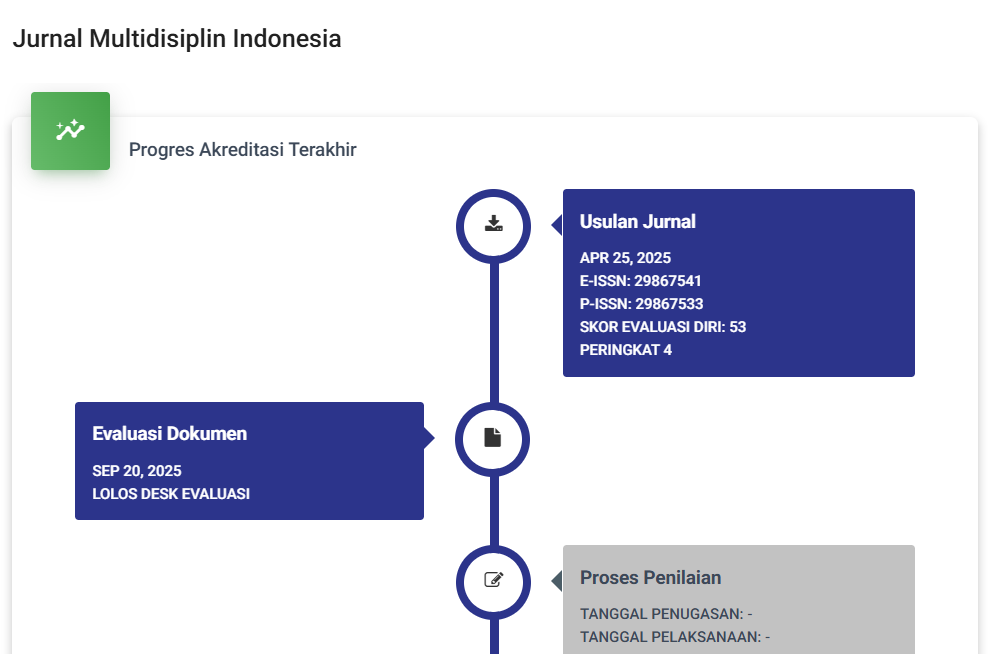Sustainable Development and its Implications for Student Welfare
DOI:
https://doi.org/10.62007/joumi.v3i2.462Keywords:
Sustainable development, student welfare, school design, environmental education, effective learningAbstract
This research examines the relationship between sustainable development practices in educational institutions and their impact on student welfare. Using a qualitative approach through interviews and observations in five secondary schools, this study identifies that the implementation of sustainable principles in school design, curriculum, and daily operations correlates positively with improved physical and mental well-being of students. The findings indicate that learning environments that apply sustainability principles create an atmosphere that supports students' socio-emotional development, increases environmental awareness, and facilitates effective learning processes. This study recommends further integration of sustainable practices in the education system as a strategy to improve overall student welfare.
References
Barrett, P., Davies, F., Zhang, Y., & Barrett, L. (2019). The impact of classroom design on pupils' learning: Final results of a holistic, multi-level analysis. Building and Environment, 151, 33-41.
Brundtland, G. (1987). Report of the World Commission on Environment and Development: Our Common Future. United Nations General Assembly Document A/42/427.
Dyment, J. E., & Bell, A. C. (2016). Grounds for movement: Green school grounds as sites for promoting physical activity. Health Education Research, 23(6), 952-962.
Evans, N., Stevenson, R. B., Lasen, M., Ferreira, J. A., & Davis, J. (2018). Approaches to embedding sustainability in teacher education: A synthesis of the literature. Teaching and Teacher Education, 61, 215-225.
Kaplan, S. (2001). Meditation, restoration, and the management of mental fatigue. Environment and Behavior, 33(4), 480-506.
Leicht, A., Heiss, J., & Byun, W. J. (2018). Issues and trends in education for sustainable development. UNESCO Publishing.
Oostindjer, M., Aschemann-Witzel, J., Wang, Q., Sørly, S. E., Egelandsdal, B., Amdam, G. V., & van Kleef, E. (2016). Are school meals a viable and sustainable tool to improve the healthiness and sustainability of children's diet and food consumption? A cross-national comparative perspective. Critical Reviews in Food Science and Nutrition, 57(18), 3942-3958.
Samdal, O., Nutbeam, D., Wold, B., & Kannas, L. (2017). Achieving health and educational goals through schools - a study of the importance of the school climate and the students' satisfaction with school. Health Education Research, 13(3), 383-397.
Tilbury, D. (2011). Education for sustainable development: An expert review of processes and learning. UNESCO, Paris.
Zhang, G., & Cooke, R. (2020). Nature-based education: Effects on student learning and connectedness to nature. Journal of Environmental Education, 51(4), 310-324.
Downloads
Published
How to Cite
Issue
Section
License
Copyright (c) 2025 Tony Margiyanto Adi, Cicih Ratnasih

This work is licensed under a Creative Commons Attribution-ShareAlike 4.0 International License.







